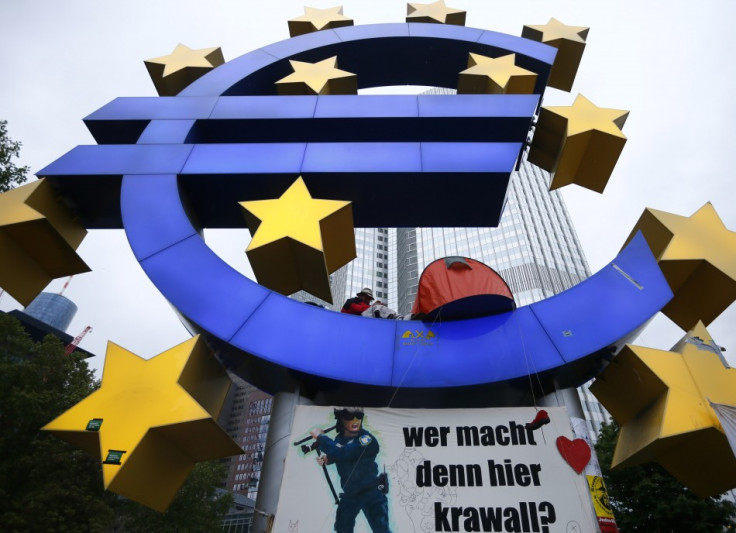EU Wants Greece to Stay, but Grexit Plans Being Worked Out

European Union leaders continued to reiterate their wish for Greece to stay in the currency bloc at the summit in Brussels, but plans for a possible "Grexit" were also being worked out, it has been reported.
Eurozone leaders met in the Belgium capital for an informal meeting to discuss the Greek crisis. After a six-hour-long meeting on Wednesday, EU leaders urged Greece to commit itself to austerity and stay in the path of reforms as required for the bailout.
"We want Greece to stay in the euro, but we insist that Greece sticks to commitments that it has agreed to," said German Chancellor Angela Merkel after the summit meeting.
This line has been echoed by European Council President Herman Van Rompuy. "We want Greece to remain in the euro area while respecting its commitments," Van Rompuy told reporters in a news conference in Brussels.
"We are fully aware of the significant efforts already made by the Greek citizens. The eurozone has shown considerable solidarity having already disbursed, together with the IMF (International Monetary Fund) nearly €150bn in support of Greece since 2010," he said.
According to a Reuters report, an agreement was reached in the European Working Group (EWG) on Monday to chalk out plans for a Greek exit. EWG are experts who work for eurozone finance ministers.
"All the contingency plans (for Greece) come back to the same thing: to be responsible as a government is to foresee even what you hope to avoid," Reuters quoted Belgian Finance Minister Steven Vanackere as saying. Two other officials have confirmed the development to Reuters.
Eurobond, Hollande, Merkel
Disagreements at the meeting were visible especially between the leaders of France and Germany, a first in the history of two years of crisis talks.
Issues such as eurozone bond and giving an extra year to countries like Spain to make the spending cuts required of them were the bone of contention between the Socialist president of France and the conservative German Chancellor.
New French President Francois Hollande even met Spanish Prime Minister Mariano Rajoy in Paris ahead of the summit before the duo set out for Brussels by train. It shows a clear shift in the axis where the power centres of European policy making used to agree on their positions before hand.
"The idea is to put energy into the growth motor. All the member countries don't necessarily share my ideas. But a certain number expressed themselves in the same direction," said Hollande about the euro bond proposal and emphasis on growth.
"I was not alone in defending euro bonds," he said.
On the other hand, Angela Merkel who believes in strict austerity measures and structural reforms was clear in her stand against the dilution of the terms of bailout.
She opined that pooling eurozone debt would end up in the violation of eurozone treaties and would not necessarily promote growth in the region.
"There were differences in the exchange about euro bonds," said Merkel.
Though no specific agreements were clinched during the summit, there was intense debate on a wide range of issues such as how to support the ailing banks, allotting extra time to eurozone countries to reach bailout goals apart from euro bonds.
"We haven't come together to confront each other ... but we have to say what we think - what are the right instruments, the right methods, the right steps, the right initiatives to raise growth," Reuters quoted Hollande as saying.
The next meeting of the leaders is set for the end of June.
© Copyright IBTimes 2025. All rights reserved.





















